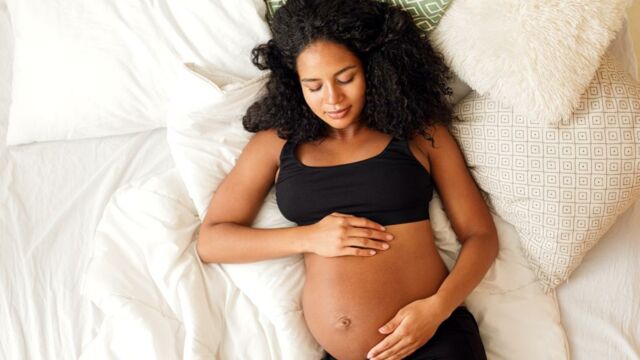As it currently stands, doctors are only able to predict the date of birth of a baby accurately around five percent of the time. Doctor's can estimate the due date by calculating 40 weeks from the mum-to-be's last period in addition to looking at the size of the baby.
Discover our latest podcast
Blood properties can determine D.O.B
But a new study conducted by the Stanford University School of Medicine has found a method of predicting a much more accurate approximation of the due date by looking at the changing properties in the mother's blood.
The research in question analyzed the pattern in pregnancies of 63 women who gave several blood samples during the last 100 days of their gestation. As all women went into labour at relatively similar times, doctors were then able to compare signals in their blood that are known to change the further along a women gets to giving birth.
By using scientific modelling methods, researchers were able to find blood patterns that showed that labour was imminent as lower levels of chemicals that form blood vessels—a sign the placenta and uterus are breaking apart—were detected in blood samples.
'We've identified a novel way'
The common denominator found in all subjects was a protein called IL-1R4 which proved to be the most indicative of a person going into labour. Research leader Dr Ina Stelzer, explained that:
We found a transition from 'progressing pregnancy' to a 'pre-labour' phase that happens two to four weeks before the mom goes into labour. We've identified a novel way to use the maternal blood to predict when a mother will go into labour.
Dr Virginia Winn, associate professor of obstetrics and gynaecology at Stanford, added:
The mum's body and physiology start to change about three weeks before the actual onset of labour. It's not a single switch; there's this preparation that the body has to go through.















